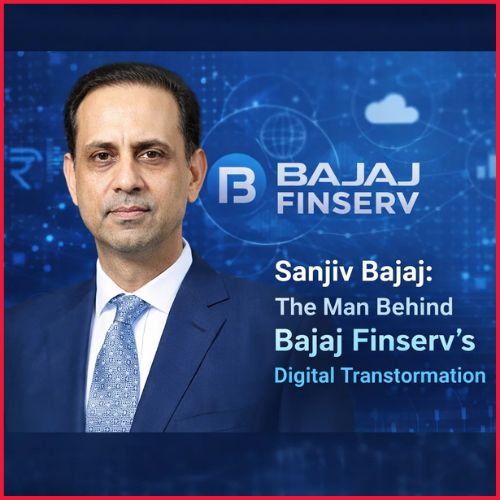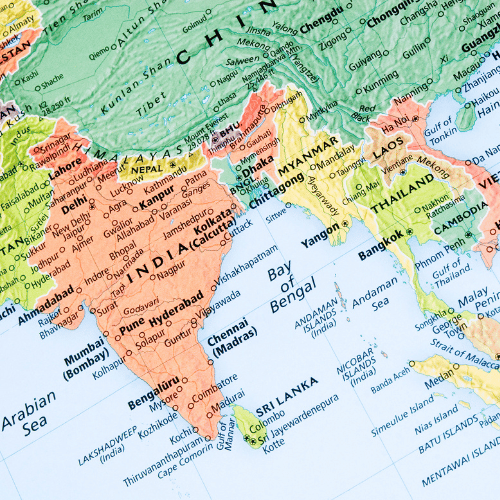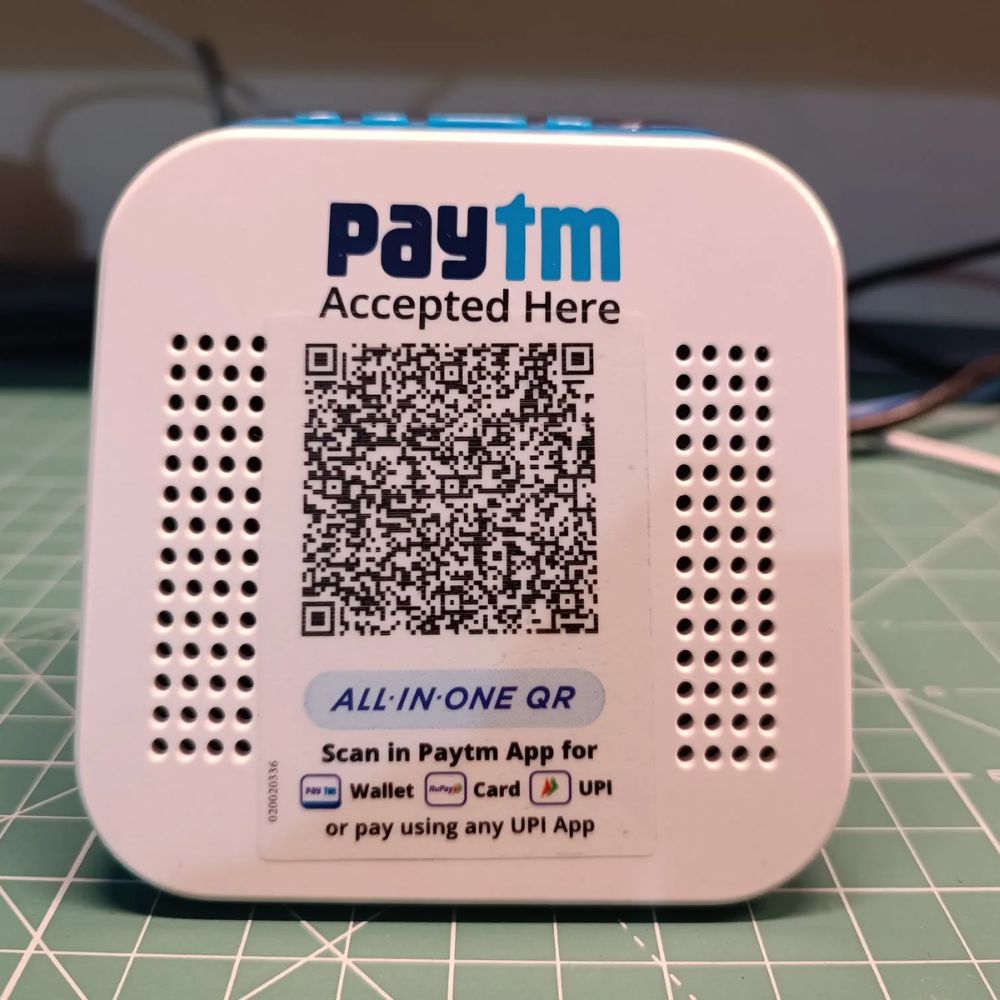A report claims that if the RBI assumes responsibility for UPI payment costs in the same way that it does for currency transactions, this disagreement can be resolved.
Unified Payments Interface transactions are rapidly approaching the billion per day mark, but a possible conflict is developing between regulations requiring UPI to be free and RBI regulations that permit banks to cap the quantity of withdrawals from savings accounts.
“On the one hand, there is a regulation that supports limitations on the amount of withdrawals, but on the other, the RBI has a vision to move the nation toward a cashless society through their financial inclusion policy. The two measures work against one another, according to the analysis.
The research is being released at a time when the central bank is looking for input on payment fees. The government, on the other hand, is adamant that UPI should keep its freedom. Privately, banks and fintech firms have stated that UPI transaction costs must be borne by someone, at least for merchant payments.
“The creation and management of currency have come at a great expense to the government and RBI. They have spent an average of Rs 5,400 crore per year on printing and significantly more on currency management over the last few years. The cost of using UPI might be substantially cheaper, and it might even reduce the cost of using cash, according to Das.
As UPI has proven to be the best cash substitute for offline peer-to-merchant transactions, according to Das, the government should develop a more stronger strategy for ongoing support of UPI transactions and bear the costs until the RBI can take over.















